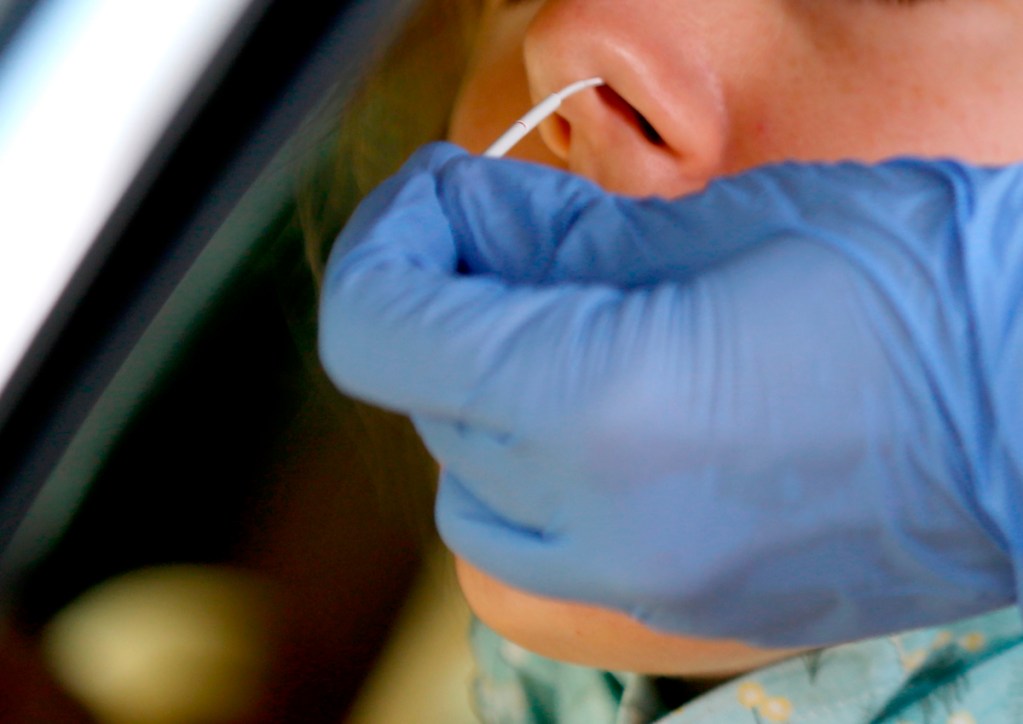There is a flood of new COVID-19 information available online and on social media every day, and not all of it is reliable. In this series, the Independent will try to separate common COVID myths and misconceptions from truth using information from the Santa Barbara County Public Health Department, Centers for Disease Control and Prevention (CDC), and World Health Organization, as well as studies from Johns Hopkins and Yale.
The Delta coronavirus strain, first detected in India in December 2020, has quickly become the predominant variant in the world and currently accounts for more than 80 percent of new cases in the country, according to Yale Medicine. This strain is considered by the CDC as “more transmissible than the common cold and influenza,” and those infected “carry tremendous amounts of virus in their nose and throat” that can spread the virus to others “whether or not they have symptoms.”
It is no myth that this variant is highly contagious and easily transmitted, even among the vaccinated: In the outbreak in Provincetown, Massachusetts, where a crowded holiday weekend turned into a 470-case cluster, three-fourths of the cases involved those who’d been vaccinated.
Sign up for Indy Today to receive fresh news from Independent.com, in your inbox, every morning.
S.B. County Public Health Officer Dr. Henning Ansorg has said with the Delta variant, people become ill faster, and it lingers longer and locks onto respiratory tract cells more securely.
These “breakthrough” cases stoke fear about this variant, but public health officials at the county and federal level have all agreed: The most effective methods for combating this new wave of cases due to the Delta variant are masks and vaccination. Across the country, indoor mask mandates have been reinstated and several institutions have adopted COVID-19 vaccine mandates — including UCSB and SBCC.
The Delta variant is a large contributor to the recent rise in cases. According to the CDC, in late June, the “seven-day moving average” of reported cases was around 12,000. On July 27, the average cases reached over 60,000, which the CDC described as more like the rate of cases we had seen before the vaccine was widely available.
Since this variant and other new strains are evolving, information is still being acquired and studies are being conducted. Whenever possible, check with reputable sources of information with verifiable statistics when sharing information online and on social media.
At the Santa Barbara Independent, our staff continues to cover every aspect of the COVID-19 pandemic. Support the important work we do by making a direct contribution.

